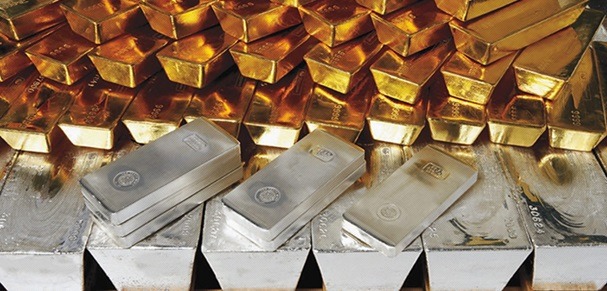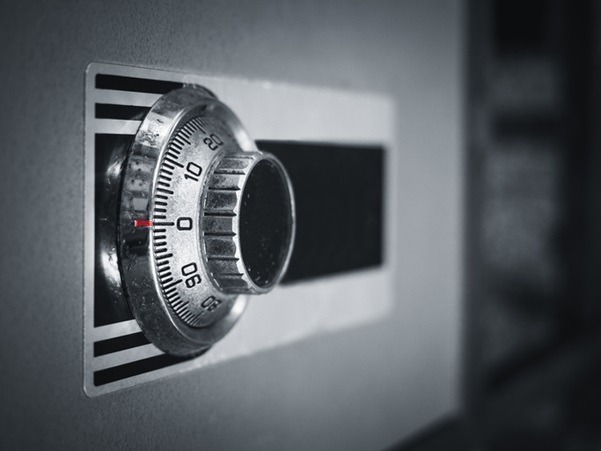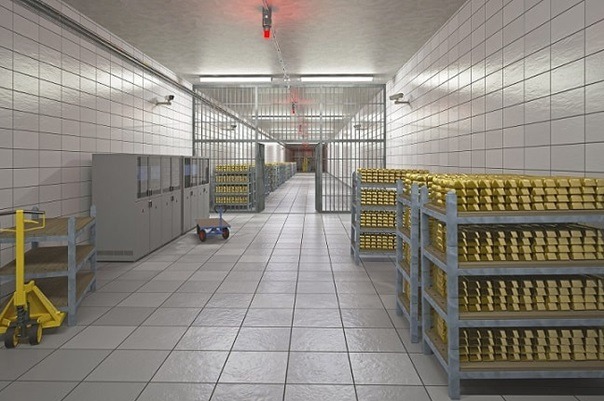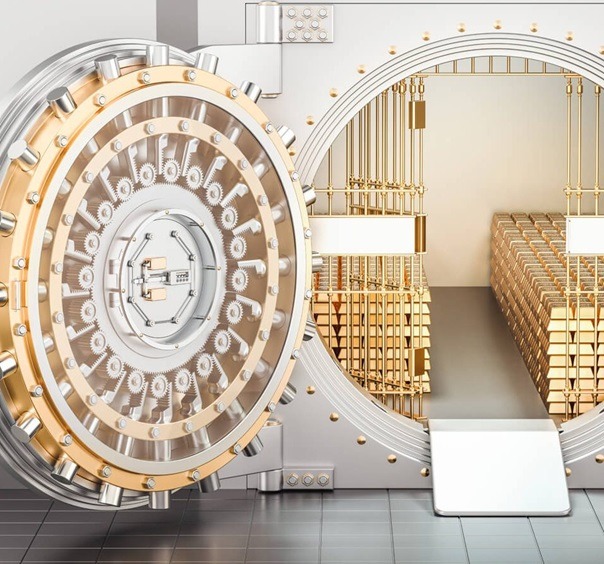Are you planning to purchase precious metals but are confused about how to store them? You are not alone. Every year, new investors are faced with the dilemma of protecting their investments. Therefore, finding the right storage for your physical silver and gold is an overly critical part of precious metals investment.
Some companies allow you to purchase precious metals online and store them at a reasonable cost. You can check out Bullionvault to find out how such companies operate. However, before choosing any storage option, consider storage fees, security, and accessibility. Keep reading to discover the major storage options and how each will benefit you.
Common Methods of Storing Precious Metals Safely
The following are popular methods of storing precious metals safely:
At Home
Storing your gold and silver bars or Silver Bullion Coins at home provides more access and control over them. You can choose to keep them in a safe, under certain conditions that will preserve their luster over the years. You can even buy a safe house just for your assets.
However, the problem with this type of storage is theft. You can be under secret surveillance without knowing it. If a thief discovers that you have got bullion stashed somewhere on your property, they will burgle your home when you least expect it. So, ensure you are discrete enough when using at-home storage.
Although this is a cheap means of storing physical precious metals, it exposes you to burglary. The risk level is extremely high. As a result, we do not recommend this method except you do not have many assets to store.
Another downside is the difficulty you may face when you want to sell your assets. It might be difficult to get a buyer. In most cases, people take their assets to a pawn shop and end up selling below the spot price. Others go to bullion dealers, which require proving the authenticity of your precious metals, which costs more money and consumes time.
Additionally, you are at risk of natural disasters like floods and fire outbreaks. You can protect your property against flood and fire by buying insurance. But in the long run, this option might become too expensive. You may want to visit https://www.forbes.com/ to read more about storing your assets at home.
Depository or 3rd Party Storage
Depositories are not just safe but also ensure that your assets are kept in good condition irrespective of the number of years they are held. The space is large enough to contain as many metals as you can imagine, and the storage conditions are optimal.
You cannot just walk into a precious metals depository because of the heavy security around the vicinity. The movement of customers is restricted, and all your activities are constantly monitored and recorded. Most third-party storage companies offer insurance and auditing services as another layer of protection.
These companies audit their storage periodically to ensure that your assets are intact. And if they discover that some metals are missing, which is quite rare, the insurance policy will cover the loss. You should find out the terms of the depository’s insurance policy before using its services.
Third-party storage companies offer two storage types: communal and segregated. In communal storage, your assets will be stored alongside those of other customers in an allocated space. This reduces the cost of storing your precious metals and is suitable for investors who want to diversify their portfolios and not because they love collecting coins.
In segregated storage, your compartment is separate from others. It is more expensive than communal storage but suitable for people who invest in specific precious metals. It is an offshoot of coin collection. However, it serves as an investment strategy where the investor speculates an increase in the value of specific precious metals.
Bank Vault
Storing valuables in the bank is not a new method, but it is still useful today. The bank will assign you a safety deposit box and the fees depend on the size of the box; it ranges between $50 and $200 annually, which is affordable.
You can also store your assets in a bank vault. It offers more security as criminals hardly attack that section of the bank. But this does not downplay the security of deposit boxes as they are safe.
The challenge you will face when you store your precious metals in the bank is accessibility. The bank does not remain open 24 hours a day, 7 days a week. This means that you cannot access your valuables after the close of business and during the holidays. And if there is an event that stops businesses from opening their doors to customers, such as a war or a pandemic (e.g., COVID-19), you must wait till the bank is open.
Additionally, some people think that storing precious metals in a bank allows the government to confiscate their assets at will. While this may sound like a huge drawback, it is outright fallacy. The USD does not have any gold backing, so there is no correlation between your gold or silver and the Dollar. However, the government might confiscate your fiat currency bank account or your house.
Final Thoughts – Where Should You Store Precious Metals?
We discussed three storage options for precious metals. They all have their pros and cons, but the key factor to consider is the storage condition. Excess heat and moisture can damage your assets. Hence, ensure the storeroom is cool and dry.
Another thing you should consider is how often you can access your assets. This depends on why you are investing in those assets. For instance, if you are investing in gold through an IRA, you must use a depository. You can visit this website if you are still considering which precious metals to invest in.
But if you need absolute control over your assets, you can store them in a safe at home. Although home storage is a promising idea, using a bank vault is safer. Whichever method you choose, protecting your wealth as well as growing the value of your money should be the priority when investing in precious metals.




